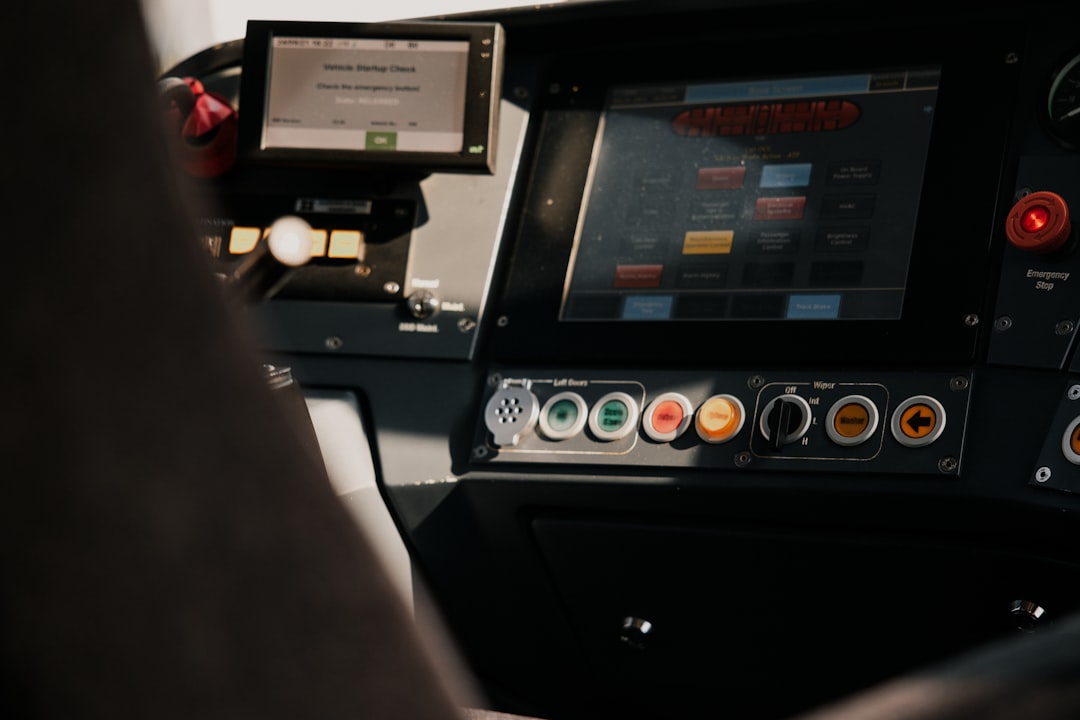Want to create your own WhatsApp bot? Good news—it’s easier than you think! You don’t need to be a coding expert. With low-code tools, you can build a bot in no time.
Why Create a WhatsApp Bot?
WhatsApp bots can do amazing things, such as:
- Automate customer support
- Send instant replies
- Share updates and news
- Take orders and reservations
Sounds good? Let’s get started!
What You Need
Before building your bot, make sure you have:
- A WhatsApp Business account
- Access to the WhatsApp Business API
- A low-code platform like Twilio, Chatfuel, or Make
Step 1: Set Up Your WhatsApp Business Account
If you don’t have a WhatsApp Business account yet, follow these steps:
- Download the WhatsApp Business app.
- Register with your business phone number.
- Set up your profile—add a name, description, and logo.
Easy, right? Now you’re ready for the API.
Step 2: Get Access to WhatsApp API
To automate messages, you need WhatsApp Business API. Apply for access through services like:
- Meta (WhatsApp’s parent company)
- Twilio
- 360dialog
Once approved, you’ll get API credentials for your bot.
Step 3: Choose a Low-Code Platform
You don’t need to write complex code. Use a low-code platform like:
- Twilio: Drag-and-drop builder + powerful automation.
- Chatfuel: Great for building chatbot flows.
- Make (formerly Integromat): Connect WhatsApp with other apps easily.
Step 4: Create Bot Messages
Your bot needs to respond to users. Plan how it will reply to messages.
Example:
User: Hello! Bot: Hi there! How can I help you today?
Most low-code platforms let you create these responses visually.
Step 5: Automate Responses
Use pre-set rules to trigger responses. Some ideas:
- Greeting messages: Say hello when a user starts a chat.
- FAQ bot: Answer common questions like “What are your hours?”
- Order bot: Help customers place an order.

Step 6: Test Your Bot
Testing is important. Check if your bot responds correctly:
- Send test messages.
- Try different scenarios.
- Fix issues if the bot doesn’t reply as expected.
Everything working? Great!
Step 7: Deploy and Improve
Once your bot is ready, launch it to the public. But don’t stop there. Keep improving!
- Analyze conversations.
- Add more responses.
- Optimize for better user experience.
Final Thoughts
Building a WhatsApp bot is easier than ever with low-code tools. In just a few steps, you can automate messages and create an interactive experience for users.
So why wait? Start building your bot today!